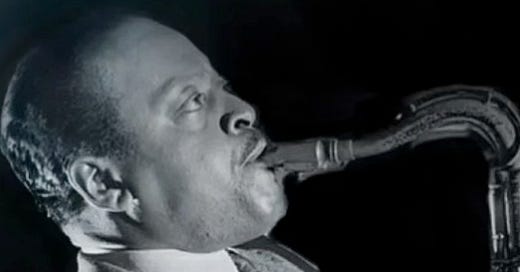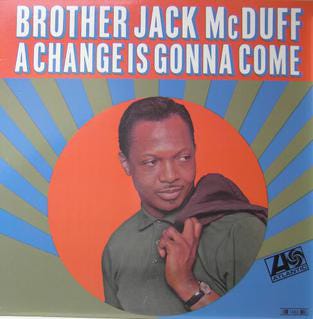Sadly, I don’t hear that many musicians playing ballads anymore. Is it because younger musicians just can't play something that slow? Or perhaps our culture rejects emotional depth? Who has time for it? How many ballads do you hear on TikTok?
Generally, playing ballads requires a different set of skills and sensibilities compared to faster or more rhythmically complex jazz pieces. Ballads demand a deep level of emotional expression and sensitivity. The musician must convey the mood and feeling of the song, which can sometimes be more challenging than technical mastery.
In ballads, the space between notes and the phrasing becomes more pronounced and important. Musicians need to be adept at using space effectively to create emotion and tension. Sadly, with many musicians, I feel like I’m listening to an Olympic event, Musical Gymnastics.
Ballads often require a greater control of dynamics (loudness and softness). Playing softly with control and maintaining tone quality can be challenging. Yelling is a lot more popular than whispering today.
While ballads might not be as technically demanding in terms of speed, they often require a high level of technical proficiency in other areas, like control over vibrato, bends, and subtle articulation. Crafting a solo that fits the slower, more reflective nature of a ballad, while still being creative and expressive, can be a unique challenge.
Saxophonist Lew Tabackin knows how to play a ballad. Here he discusses the importance of playing ballads for musicians seeking to develop their own sound, and just how challenging that can be.
Ben Webster had a masterful touch when it came to playing ballads. There's just one word to encapsulate his performance here: flawless.
Two Duke Ellington Compositions: Come Sunday and I Got It Bad and That Ain’t Good. Oscar Peterson, Piano; Ben Webster,, Tenor Saxophone; Niels-Henning Ørsted Pedersen, Bass and Tony Inzalaco, Drums. Recorded December 14th 1972 at the 84th NDR Jazzworkshop in Studio II, Hannover, Germany,
And one for the road, Brother Jack McDuff plays Red Holloway’s No Tears Over You from McDuff’s 1966 Atlantic Album, A Change is Gonna Come.







Great piece. Ballads get right to the core of the performer's mastery (or lack thereof) of the most basic elements of jazz music; sound production, phrasing, communicating a genuine emotion, and ability to tell a story. When I used to hear Frank Wess play ballads, I would be brought to tears...so much feeling and so universal in expression. It was no surprise to discover that his mentor was Ben Webster. I feel that audiences also share some responsibility in the phenomena of the disappearing ballad. Listening to and trying to get involved with the performance of a ballad requires an attention span that many no longer have. Vulnerability is also a personal trait that is part of it, but a general sense of fear that permeates American society has no space for vulnerability. I wonder if today's younger listeners were ever serenaded by a bedtime story provided by their parents.
Wonderful words. Beautiful music. LT is spot on. Sound 'n soul...